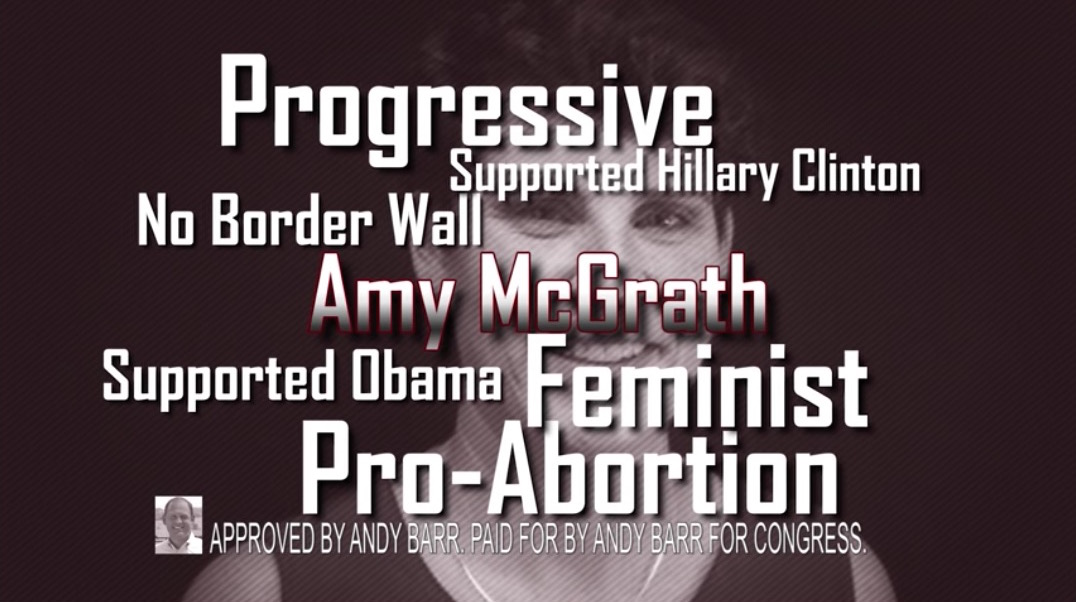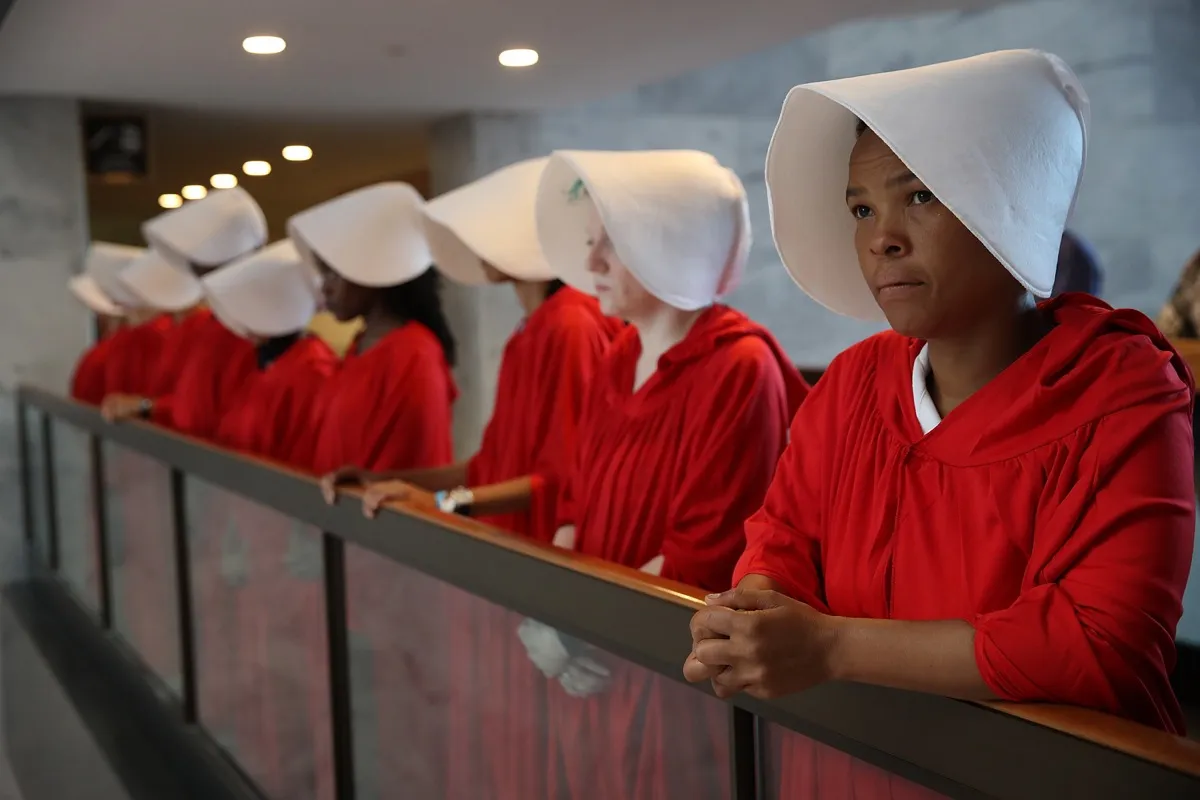For a long, long time, “feminism” has been a poisonous word, mostly because of false narrative that equality is a zero-sum game, and that you can’t be pro-women without being anti-men.
But according to polling and a report from the New York Times, that’s been changing this election cycle. More women are running for office than ever before, and many have been claiming the word, not shying away from using it. And voters are largely onboard.
Of those polled in 11 battleground districts, about half of voters said they’d support electing feminists. About a third oppose the idea, with roughly a fifth undecided. Unsurprisingly, those numbers shift wildly based on party. Among Republicans, more than half of men and women oppose electing feminists, with only about a quarter in favor of the idea. Nearly 3/4 of Democrats of any gender support it, with 15% or less opposed.
Also unsurprisingly, the support of feminism increases when asked about specific feminist issues, rather than just the term itself. Because even though those false anti-men connotations have less traction than they used to, it is still a divisive term. Take, for example, former Marine pilot and current Kentucky congressional candidate Amy McGrath, who answered the question of whether she was a feminist with a solid “Hell yeah, I’m a feminist.”
Her Republican opponent sees that word as so toxic he turned it into an attack ad.
That ad is amazing because other than the doomsday fonts and grayscale, there’s nothing about this that doesn’t read as a convincing pro-candidate ad. Seriously, let me vote for all of this:

So yes, the word is still totally divisive. Of the people the Times talked to, some of the comments were maddening because so many of the people on both sides were saying the same thing. One Kentucky voter said he’s supporting Amy McGrath because when it comes to feminism, he says, “If I hear that word, I hear equal rights, equal pay, equal opportunity. It seems so basic.”
Yes it does! But another voter in the same district told the paper, “Fairness is all I ask for. We’re strong-willed women, we’re smart and savvy and entrepreneurs.” She said that as her reason for not voting for McGrath, despite basically just defining feminism. “I don’t want to be boxed in as a feminist,” she said.
I get not being into labels, but if you won’t vote for a woman because she identifies as a feminist, then I’m gonna go out on a ledge and guess that your interest in “strong-willed women” only goes as far as they benefit you personally in the first place.
The NYT makes sure to note that it’s hard to compare these polling numbers with anything definite from past years because they don’t have polling numbers on this question from past elections. Trump and the #MeToo movement have really changed the way many people view feminism as it relates to politics and women in leadership roles. Still, many feminist scholars and other experts agree that this current level of support for the term “feminist” as a selling point would have been “unthinkable” at most times in the past. From the Times:
“An embrace of the term in political candidates? That’s news,” said Estelle Freedman, a professor at Stanford who specializes in women’s history. “We know that women have been really politicized by the perceived assault on women’s rights writ large. The kindling was there, and it got ignited by the misogyny.”
As for the division that still exists,
“There’s a strong segment of conservative, Fox News-watching, Donald Trump-supporting women who are likely to support him no matter what, and likely to see the word feminism as toxic to them,” said Mindy Finn, the independent vice-presidential candidate in the 2016 election and a co-founder of Stand Up Republic. “But there’s a whole other set of conservative women, particularly younger women, who want to see strong role models in positions of power dominated by men, including running for office.”
Issues like sexual harassment, she said, “are what weds conservatives to the word ‘feminism.’”
We’ll have to wait (just a few more hours, hopefully) and see if women like McGrath and others who have embraced the word feminist in addition to running on feminist principles will be supported by enough voters to put them in office. But just the fact that there are so many of them–so many women unafraid to stand up and use the word that literally just means equality and not fear that it will alienate them from voters who don’t want them to have that equality or those who have been poisoned to think it’s evil rhetoric–is incredibly encouraging.
(via NYT, image: Win McNamee/Getty Images)
Want more stories like this? Become a subscriber and support the site!
—The Mary Sue has a strict comment policy that forbids, but is not limited to, personal insults toward anyone, hate speech, and trolling.—










Published: Nov 6, 2018 05:15 pm